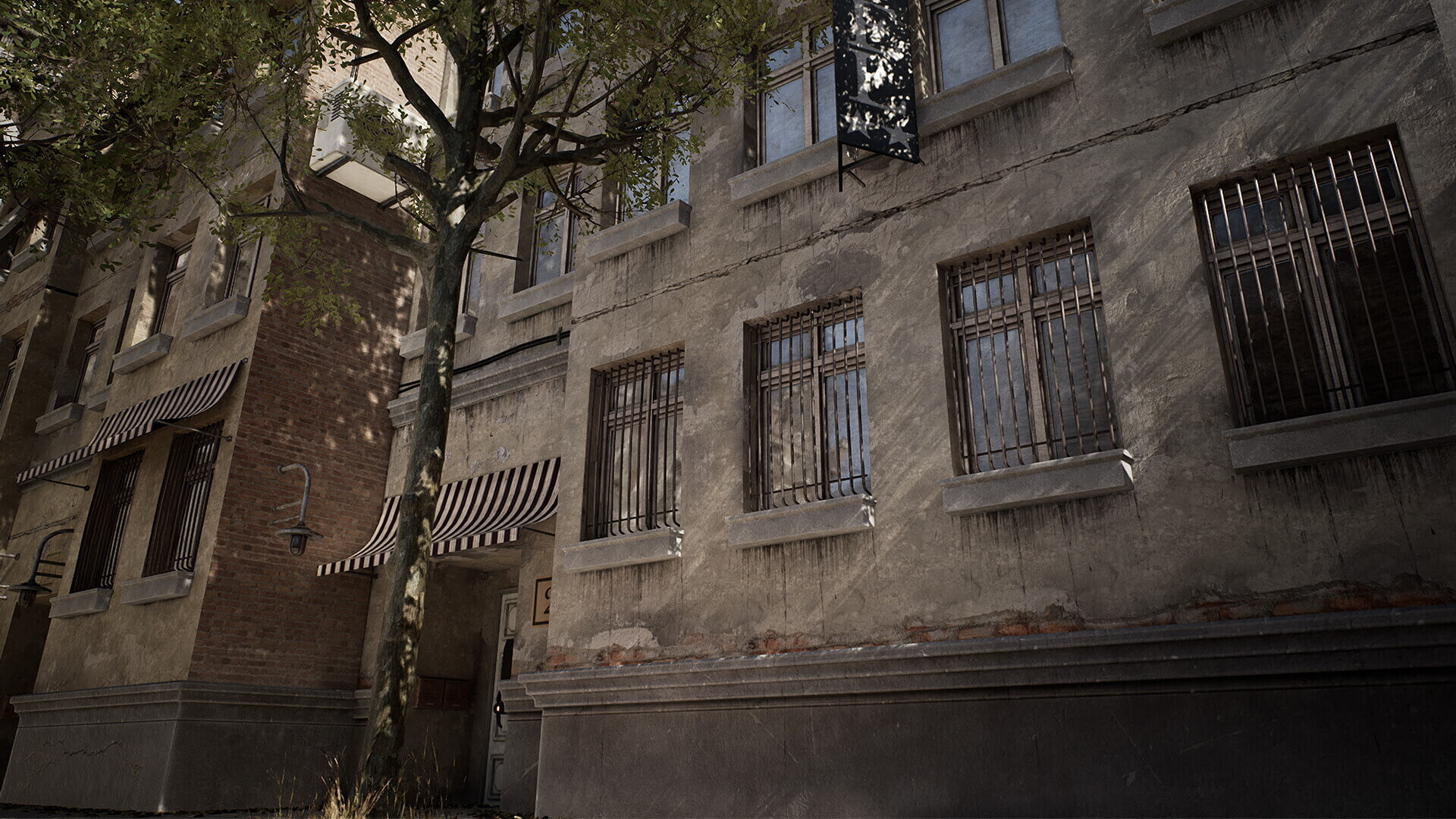The main and most common precondition for the revolution was dissatisfaction with the government of Eduard Shevardnadze, who took office after Georgia gained independence (1995). The population’s resentment was caused by the accumulated claims to the government related to the difficult economic situation in the country, corruption among civil servants, etc. The situation was complicated by the desire of ethnic minorities for independence or accession to Russia, expressed in de facto independent existence of Abkhazia, South O to a large extent, Adjara.
Shevardnadze’s refusal to try to resolve the conflicts in Abkhazia and Ossetia by force, combined with unsuccessful attempts to resolve the issue peacefully, also caused negative emotions in society. The political and socio-economic crisis in Georgia peaked on the eve of the November 2, 2003 parliamentary elections.
Mikheil Saakashvili’s United People’s Movement and Burjanadze’s Democrats, led by former Georgian parliament speakers Nino Burjanadze and Zurab Zhvalyash, died on February 8, 2005. ).
Georgia’s parliamentary elections were held on November 2, 2003 and, according to official figures, ended in a victory for Shevardnadze and his allies, but the announced results were not recognized by international observers and opponents of Shevardnadze. Mikheil Saakashvili has demonstratively declared his victory based on opinion polls. His allegations were supported by the International Community of Free Elections, a local observation group. Based on the data presented, Saakashvili demanded new elections and called on Georgian citizens to take to the streets and support him.
By mid-November, mass demonstrations began in the Georgian capital, Tbilisi, which later affected other cities and towns in the country. Crowds of people from the youth organization “Kmara” (literally “Enough” – the Georgian analogue of the Serbian “Resistance” and the Ukrainian “Time”) chanted their slogans. Many NGOs (such as the Institute for Freedom of Georgia) have also been enviable in the noisy protests. At the same time, the Shevardnadze government received the support of Aslan Abashidze.
